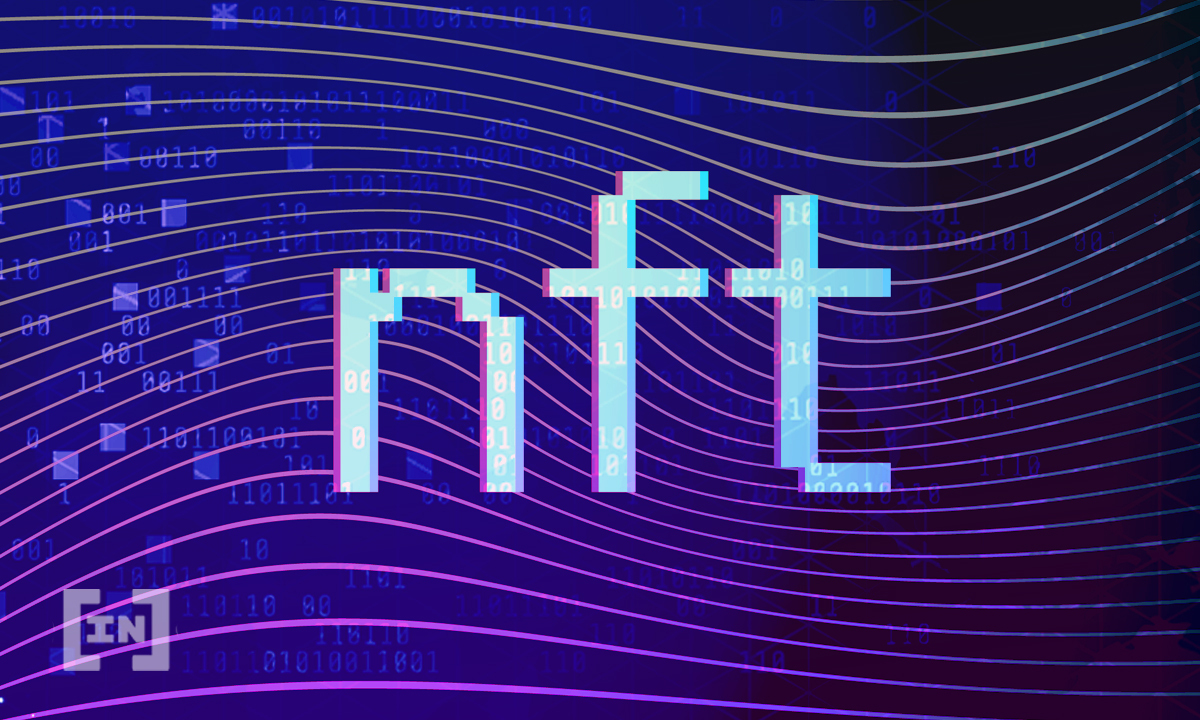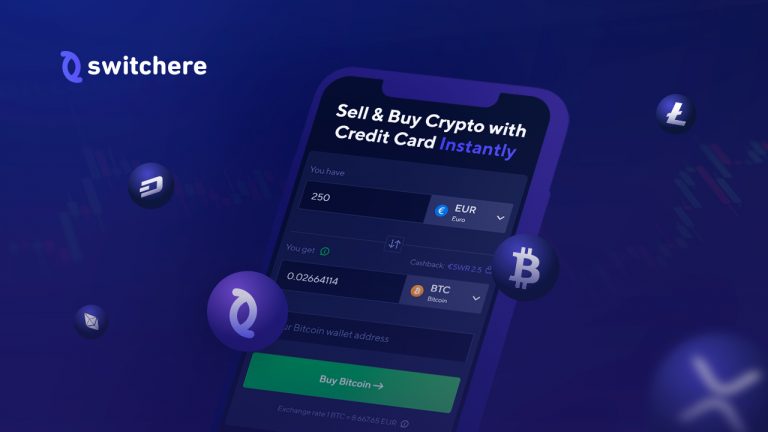2022-9-29 16:41 |
Valuing and monetizing tokenized assets requires tremendous skill and expertise. Thus, rendering asset management as a tool to raise growth capital and liquidity inaccessible to many.
The global tokenization market sized at $1.92 billion in 2021 is expected to grow to $2.32 billion in 2022 at a compound annual growth rate (CAGR) of 21.09%. Tokenization increases liquidity, lowers costs, and enhances risk management.
AI and web3 valuation, tokenization, and monetization can all sound like overhyped buzzwords. But when put together and packaged neatly into a service, they help organizations of all sizes and shapes realize the value of their tangible and intangible assets. This paves the way for unlocking new revenue streams, driving greater user adoption, and raising growth capital.
At its core, Valuation, Tokenization, and Monetization as a Service (VTMaaS) is the ability to take something of value — like a company or asset — and break it down into small pieces that can be traded on a blockchain. This makes it easier for people to invest in things they might not have been able to before and opens up new opportunities for monetizing assets.
With state-of-the-art AI and blockchain-enabled valuation and portfolio management engines, companies like Ovenue are striving to transform the asset management industry by empowering enterprises of all sizes to unlock the value of off-chain assets through their technology that are backed by AI and Web3.
Ovenue builds and licenses AI and Web3 technologies for asset valuation, tokenization, and monetization. Asset owners or businesses can turn their real-world assets into asset-backed digital products (such as asset-backed tokens, a type of non-fungible tokens) that can be licensed, sold, and collateralized using Ovenue’s end-to-end software and platform, powered by artificial intelligence and blockchain technologies. These software products can be used by small and medium-sized enterprises or financial institutions for asset management, digital transformation, and financing.
Identifying and Evaluating Assets for TokenizationThe first step in the tokenization process is to identify which assets are best suited for tokenization. Once potential assets have been identified, they must be valued and evaluated in terms of their risk/return profile, liquidity needs, and other factors.
After conducting a thorough analysis of the asset, a report is generated that outlines the feasibility of tokenizing the asset in question.
In some cases, asset owners and businesses can choose their off-chain tangible and intangible assets they intend to onboard on to a platform like Ovenue. Intellectual property, commodities, natural resources, and real estate are a few examples of real-world assets that can be tokenized.
The process of asset valuation is one that requires reliable valuation software, predictive analysis, and asset management expertise to generate a fair market value for real-world assets. Expert skill and knowledge of market conditions are required to meticulously calculate the value of an off-chain asset. Ovenue is adept at this.
The valuation process structured by the team at Ovenue combined with predictive and historical metrics adds precision and trust to asset valuation and tokenization thanks to AI and Distributed Ledger Technology’s (DLT) immutability. The legitimacy and enforceability of smart contracts render a new class of highly valuable and transparent assets.
Tokenization and Monetization of AssetsThe tokenization of an asset is the process of converting it into a digital token that can be traded on a blockchain. This makes it possible to transfer ownership in the asset and make it more liquid. Once an asset has been tokenized, it can be traded on secondary markets or used as collateral for loans.
The assets, however, need to be isolated due to their inherent risks. This is particularly true in the case of intangible assets.
To isolate the risk associated with the process, Ovenue offers asset owners the option to separate their assets into a Special Purpose Vehicle (SPV) to legalize the asset ownership.
Asset-Backed Tokens (ABTs) are also key to creating new asset-backed products like asset sales, TradFi, and DeFi debts. This simplifies the financing and monetizing efforts as they cannot be replicated or subdivided.
ABTs require a market where they can be traded or transacted to further financing efforts. Asset owners should be equipped to securely exchange digital money, leading to new growth opportunities and financial freedom.
After valuation and tokenization, ABTs are listed to be sold, collateralized for future financing, licensed for royalty, or inventorized on the platform.
SummaryThe AI and blockchain-enabled platform and finance protocols that Ovenue has developed significantly simplify raising growth capital.
Asset tokenization brings highly valued assets into the platform and offers a new marketplace where investors can attain financial freedom by buying and selling their holdings. It also ushers in a higher return on investments.
origin »Bitcoin price in Telegram @btc_price_every_hour
Standard Tokenization Protocol (STPT) на Currencies.ru
|
|






